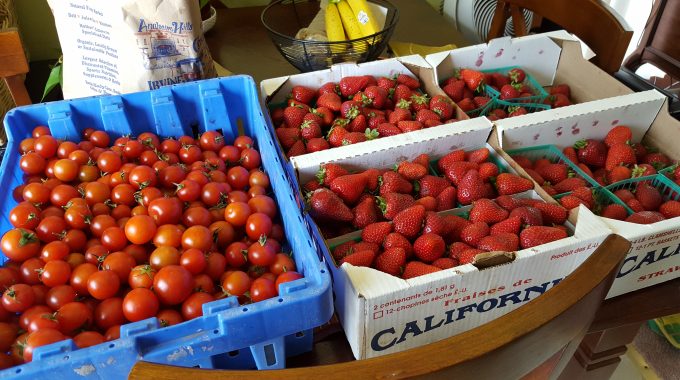Natural Sweeteners: Better Substitute for Refined Sugar (Part 2)
In part 1, we have listed the different natural sweeteners from sugarcane. This time, we will provide you with a list of natural sweeteners from other sources.

Non-Sugarcane Natural Sweeteners
1. Agave Nectar – Agave nectar is a sweetener extracted from agave plant’s core. Agave is a succulent plant from Mexico, the same plant that is used in producing tequila. Vegans often use agave nectar as a substitute for honey although it is thinner and has a sweeter taste. To use agave nectar as substitute for refined sugar, use 2/3 cup agave nectar for 1 cup of sugar.
Nutritional Facts
- Minerals: traces of calcium, iron, magnesium and potassium
- The same amounts of calories and carbohydrates as refined sugar but with lower glycemic index
- Main concern is its high content of fructose, higher than corn syrup. High fructose is often linked to weight gain, insulin resistance and heart disease
2. Honey – Honey is one of the most popular natural sweeteners and substitutes for refined sugar. It is made by bees from the nectar of flowers. It is a sticky liquid that is extracted from the honeycomb of bees. It comes in different colors and taste depending on the type of nectar. As sweetener, one cup of refined sugar can be replaced by ¾ cup of honey.
Nutritional Facts
- Minerals: copper, calcium, magnesium, iron, phosphorus, manganese, sodium, potassium and zinc
- Vitamins: B6, niacin, thiamin, riboflavin
- Others: pantothenic acid and some types of amino acids
- High calorie and carbohydrate contents; some sources claim to be higher than refined sugar
- Contains clostridium bacteria which is the main cause of botulism and should not be given to infants under one year old
3. Brown Rice Syrup – Brown rice syrup is thick with a brownish color and is a product of cooking white or brown rice and culturing it with enzymes that break down the starch content of rice. The liquid from the cultured rice is then cooked until it reaches a certain consistency and becomes thick brown syrup. Compared to refined sugar, it is half as sweet and with a mild butterscotch flavor.
Nutritional Facts
- Minerals: Sodium, potassium, magnesium, manganese, calcium, iron, phosphorus, zinc, copper
- Vitamins: B6, Riboflavin, thiamin, niacin
- Dietary fiber
- Carbohydrates
4. Maple Syrup – This natural sweetener comes from the sap of maple trees, filtered and boiled until it reaches its consistency and becomes sweet syrup. There are usually a lot of maple syrups in the supermarket and they are cheaper than the pure ones. When buying maple syrup, take time to read the label and buy only the one that contains only pure maple syrup. To substitute refined sugar with maple syrup, use ¾ cup for every cup of sugar.
Nutritional Facts
- Minerals: iron, calcium, magnesium, manganese, potassium, phosphorus, zinc
- Vitamins: B6, thiamine, riboflavin, niacin, pantothenic acid
- Carbohydrates and fats
These are just some of the popular natural sweeteners that are used as a substitute for refined sugar. Although they contain essential vitamins and minerals that are needed by our body, we should not forget that they also contain considerable amounts of carbohydrates and calories and therefore their consumption should be kept in moderation.



